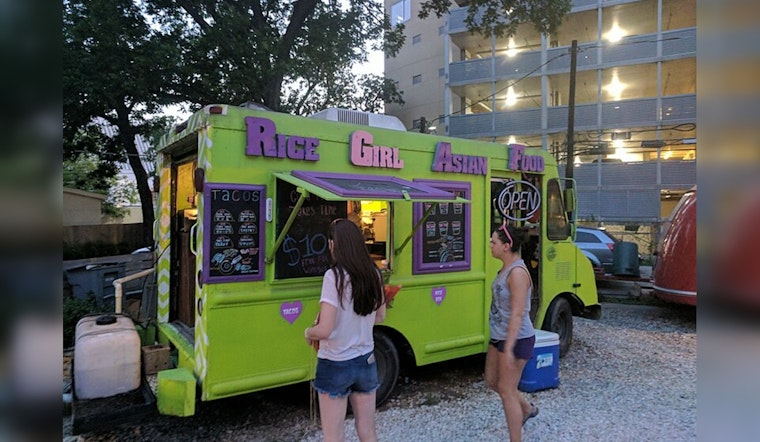
Austin's vibrant food truck scene may be receiving a long-awaited reprieve from the city's strenuous inspection rules after the Austin City Council recently passed a resolution aimed at streamlining the process. Operators have traditionally been subjected to towing their mobile eateries to inspection facilities — a costly and disruptive obligation that may soon be a thing of the past. The City Council voted to direct the City Manager’s Office to consider alternatives to the current setup that mandates trucks be driven to an inspection location for compliance with state law, as reported by KXAN.
The resolution, which caters to food trucks with established locations, potentially removes the rule requiring an owner to move their rig for inspections. Implementing an "opt-in" program for these stationary operations, the new arrangement would allow regular site inspections instead. Maria Everett, who runs Ensenada ATX in East Austin, told KVUE, "It’s very painful losing money, losing time, losing customers,” about the current inspection requirements that often cost her hundreds and result in lost business.
There's more to the resolution than simply easing the inspection turmoil. The goal is an "Accessible and Inclusive" permitting process that includes improved language access for non-English speaking owners and the collection of demographic data to bolster equity. According to the council, over 80% of the more than 1,500 mobile food vendors in Austin are people of color, as per KXAN. Beyond that, the city is considering the adoption of online notaries for permit applications and refining the translation process to ensure fairness across languages.
Councilmember José Velásquez, representing District 3, applauded food trucks as a vital element of the local economy and an accessible pathway for budding entrepreneurs to dip their toes into the food industry. “Small and micro-businesses are the lifeblood of the Austin economy, and we can never underestimate how necessary food trucks and their owners are to the story of our great city,” Velásquez said, in a statement obtained by KVUE. With the council empathizing with the fiscal and operational burdens these mobile restaurateurs face, their May 30 meeting is anticipated to further address amendments, implementation plans, and associated staffing costs.



-2.webp?w=1000&h=1000&fit=crop&crop:edges)





